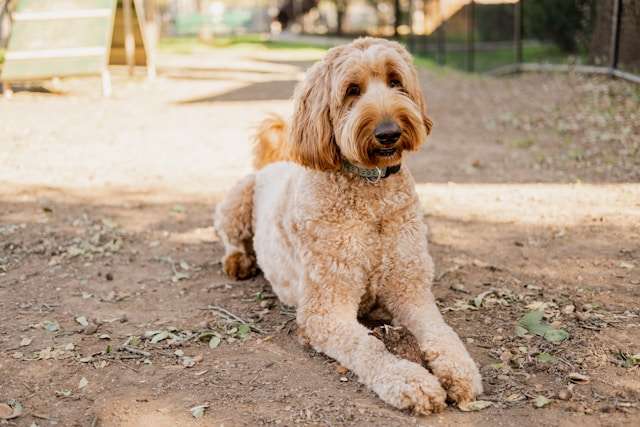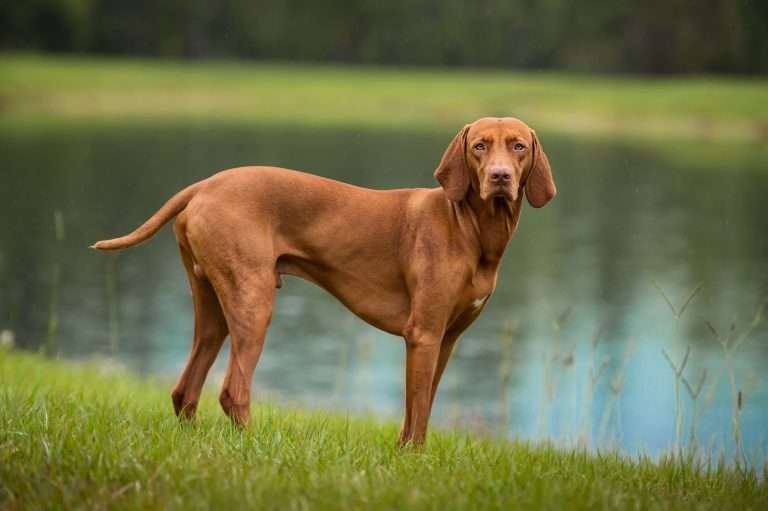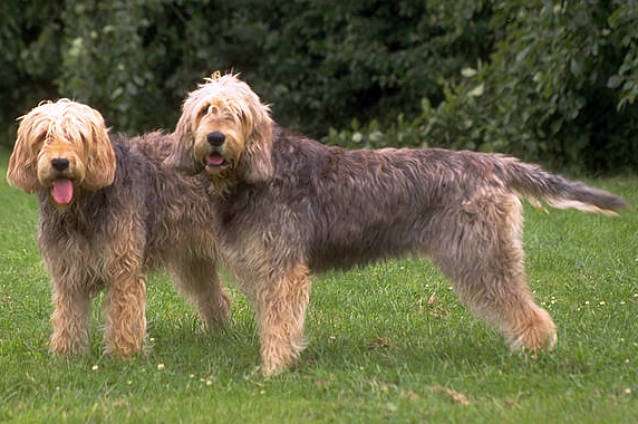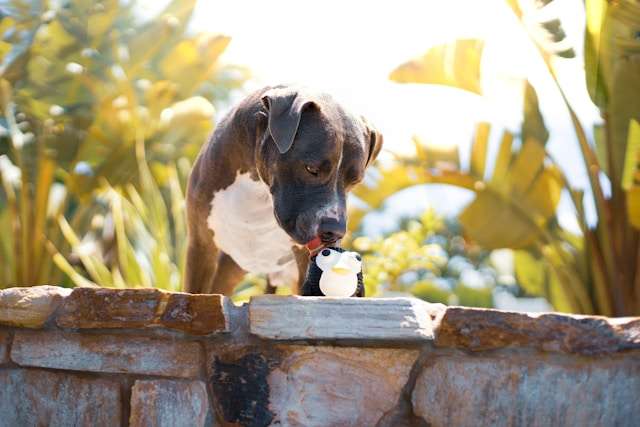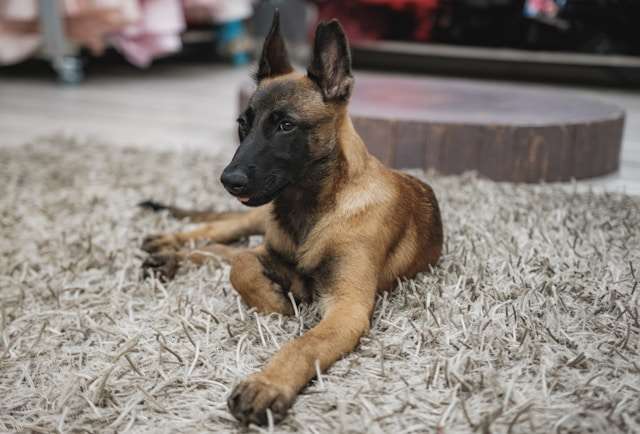Are Chow Chows Good Dogs? Understanding Their Temperament and Care Needs

Are Chow Chows Good Dogs? Chow Chows are one of the oldest dog breeds, originating from China. Known for their distinctive lion-like appearance, these dogs carry both charm and history. With a unique blue-black tongue and a proud stance, they often intrigue those looking for a pet with personality. Chow Chows can be excellent companions for the right owners, though they require an understanding of their independent nature.
Their temperament is often aloof and reserved, sometimes leading to misconceptions about their friendliness. Chows are loyal and protective but are not typically social with strangers or other animals. Early socialization and consistent training are essential to nurture their full potential. While they might not suit everyone, Chow Chows can be rewarding pets for those who appreciate their dignified and independent demeanor.
Caring for a Chow Chow also involves attention to their health and grooming needs. Regular brushing is necessary, especially for those with rough coats. As with any breed, understanding their health concerns will help keep them happy and healthy. By providing proper care and socialization, Chow Chows can be beautiful additions to the right family.
Table of Contents
Key Takeaways
- Chow Chows are independent and need proper socialization.
- They are loyal but not typically social with strangers.
- Regular grooming and health care are essential.
Chow Chow Origins and Breed History
The Chow Chow is one of the oldest dog breeds, dating back over 2,000 years. This breed is believed to have originated in China, particularly in the Han Dynasty. The Chow Chow’s early presence is evident in ancient pottery and sculptures.
The breed has a unique connection to Northern China, where its distinctive traits were developed. These dogs were bred for various roles, including hunting, guarding, and even as sled dogs. Their thick, dense coat is a testament to their adaptation to harsh climates.
Known for their blue-black tongues, Chow Chows have a distinctive look. They are called songs quan in China, which means “puffy-lion dog.” This name highlights their lion-like mane and sturdy build, making them easily recognizable and setting them apart from other breeds.
The global recognition of the Chow Chow started in the 19th century when they were imported to England. Their popularity spread, and they became known for their loyalty and independence. Despite their ancient roots, Chow Chows remain popular for their unique appearance and dignified demeanor.
Physical Characteristics and Appearance
When we look at Chow Chows, their lion-like mane and bear-like appearance stand out. These dogs have a distinct and classic look that is hard to miss.
One of the most exciting features is their blue-black tongue, which makes them unique among dog breeds and sets them apart visually.
Chow Chows have a thick double coat. They can have either a rough coat or a smooth coat. A rough coat is usually fluffy and dense, giving it a full-bodied look, while a smooth jacket is more sleek and flat.
The coat color varies and can include shades such as red, black, blue, cinnamon, and cream. Each color adds a different twist to the dog’s appearance but maintains the breed’s signature look. The dog’s robust and compact body further enhances its striking silhouette, making it appear sturdy and majestic.
Temperament and Personality
Chow Chows have unique and distinct personality traits. They are known for being independent, loyal, and protective, making them excellent watchdogs. These traits influence how they interact with people and other animals.
Understanding the Independent Nature
Chow Chows are often described as having a cat-like personality, characterized by their aloofness. They don’t always seek out attention and can appear detached from their surroundings. This independent nature means they enjoy time alone and may not be overly affectionate.
Training requires patience, as they can be stubborn. Early socialization helps them adapt and feel comfortable in various situations. The more they are exposed to different environments, the better they will adjust.
Recognizing the Loyal and Protective Traits
Loyalty is a crucial trait of Chow Chows, making them excellent guard dogs. Their protective nature can sometimes be mistaken for aggression, especially if they are not socialized from a young age. They are naturally wary of strangers, which makes them effective as protectors.
This loyalty extends to their family members, with whom they form strong bonds. They are devoted and prioritize their family’s safety over other considerations, showcasing their reliability as watchdogs.
Interactions with Children and Other Pets
Chow Chows can have varying interactions with children and other pets. With proper socialization, they can live peacefully in a home with children. Teaching children how to approach and handle dogs respectfully ensures harmonious interactions.
Regarding other pets, Chow Chows may not always be the best fit, especially if not introduced properly. They can show aggression towards unfamiliar animals, so careful and gradual introductions are necessary. Socialization is crucial in helping them coexist with other pets, ensuring a peaceful household.
Training and Socialization
Due to their strong-willed nature, Chow Chows require training and socialization. They can be a bit challenging as independent thinkers, but with patience, they respond well to consistent methods. We need to start early to ensure they learn the desired behaviors.
Socialization helps manage their territorial instincts. Introducing them to various people, pets, and environments helps develop a well-rounded temperament. It’s vital during their early stages, particularly in puppyhood.
Positive reinforcement techniques, like treats and praise, encourage cooperation to address potential dominance issues. This also helps build trust between us and our pets. Using a firm yet gentle approach helps maintain their respect.
Creating a routine for our Chow Chow helps with training consistency. Short, regular sessions work best with their unique personalities. We should focus on basic commands such as sit, stay, and come, gradually increasing difficulty based on progress.
A simple table summarizing our recommended approach:
| Training Tips | Socialization Tips |
|---|---|
| Short, regular sessions | Early introduction to new experiences |
| Positive reinforcement | Meet various people and pets |
| Consistent routines | Exposure to different environments |
| Firm but gentle methods | Encourage diverse interactions |
Success with Chow Chow training and socialization comes from dedication and understanding. Starting early and being consistent can help our Chow Chows become well-behaved companions.
Health and Care Considerations
When caring for a Chow Chow, we must be mindful of its grooming needs, common health concerns, and exercise requirements. Each area is essential to ensuring the dog’s well-being and longevity.
Grooming Needs and Shedding
Chow Chows have a thick, double coat that requires regular grooming to keep it healthy. Brushing them a few times a week helps manage shedding and prevent matting. Due to their heavy shedding, daily brushing might be necessary during shedding seasons.
Regular baths are also essential to maintain their skin and coat health. Additionally, we should pay special attention to their ears and nails. Keeping their ears clean and nails trimmed is essential to prevent infections and discomfort.
Common Health Concerns
Chow Chows are prone to health problems, such as hip dysplasia and entropion, which can affect their eyes. Regular vet check-ups can help identify and manage these issues early on. Chow Chows can also suffer from gastric dilatation-volvulus, commonly known as bloat, a severe condition.
It’s important to watch their diet and not overfeed, as obesity can worsen these health problems. Limiting treats and ensuring they get balanced nutrition can support their overall health. Regular health exams are crucial to extending their lifespan to the fullest.
Exercise and Physical Activity
Although not the most active breed, Chow Chows need regular exercise to prevent boredom and health issues. We recommend at least two short walks daily and engaging in indoor activities like tug-of-war to keep them stimulated.
These activities help maintain their physical health and also support their mental well-being. Avoiding intense exercise is critical due to their build and potential joint issues. Daily activity is vital to prevent destructive behaviors. We help them live a fulfilled and healthy life by ensuring they stay active.
Choosing a Chow Chow
Several factors must be considered when deciding whether to adopt a Chow Chow. Chow Chows are known for their distinctive appearance, which includes a lion-like mane and blue-black tongue. These features make them stand out among other dog breeds.
Energy Levels and Space Requirements
Chow Chows typically have moderate energy levels and might not need as much exercise as high-energy breeds. We must provide regular walks and playtime to keep them healthy and happy.
Grooming Needs
Due to their thick coats, this breed requires significant grooming. We’ll need to brush their fur regularly to prevent tangles and mats. Regular grooming sessions can also serve as bonding time with our Chow Chow.
Temperament and Socialization
Chow Chows are loyal and protective of their families. Early socialization is crucial to helping them interact well with other people and pets. These dogs can be reserved with strangers, so introducing them to various environments and experiences is beneficial.
| Factors | Chow Chow Characteristics |
|---|---|
| Size | Medium-sized, 55-70 pounds |
| Coat | Thick, fluffy |
| Exercise Needs | Moderate |
| Grooming Frequency | High |
| Temperament | Loyal, protective, reserved with strangers |
Choosing a Chow Chow means committing to meeting their grooming and socialization needs. They make loving pets for those prepared for the responsibilities that come with their care. For more information, check out the pros and cons of owning a Chow Chow.
Frequently Asked Questions
When considering a Chow Chow as a pet, it’s essential to consider its temperament and how it interacts with people and other animals. Let’s tackle some common questions potential Chow Chow owners might have.
Is Chow Chow dangerous?
Chow Chows are known for their protective nature. They can be wary of strangers, which might make them seem aloof or stand-offish. With proper training and socialization, they can be well-behaved companions. To minimize potential aggressive behavior, we must ensure they are comfortably integrated into varied social settings.
Are chow chows suitable for first-time dog owners?
Chow Chows can be challenging for first-time owners due to their independent temperament. They require consistent training and a firm leadership approach. Those with experience in handling dogs will likely adapt more quickly to the needs and quirks of this unique breed.
How do chow chows typically behave around children?
While Chow Chows can be affectionate with their families, young children should always be supervised around them. These dogs can be reserved and might not always be comfortable with young kids’ unpredictability. Understanding the dog’s personality and monitoring interactions helps maintain a safe environment.
What expected behavior issues should potential Chow Chow owners be aware of?
Some typical behavior issues include territorial behavior and stubbornness. Chow Chows can be dominant and might resist commands if not trained appropriately. Addressing these traits early with obedience training and socialization is vital to mitigating potential behavioral concerns.
To what extent do Chow Chows require companionship and dislike being left alone?
Chow Chows tend to be independent but still form strong bonds with their families. They may not require constant attention, but extended periods alone can lead to loneliness or anxiety. We should aim to balance their need for independence with adequate companionship.
Are Chow Chows generally friendly with other pets?
Chow Chows may not naturally get along with other pets due to their reserved and sometimes territorial nature. Early socialization is essential if they are to live harmoniously with other animals. Consistent exposure to various pets can help cultivate a more accepting demeanor.

